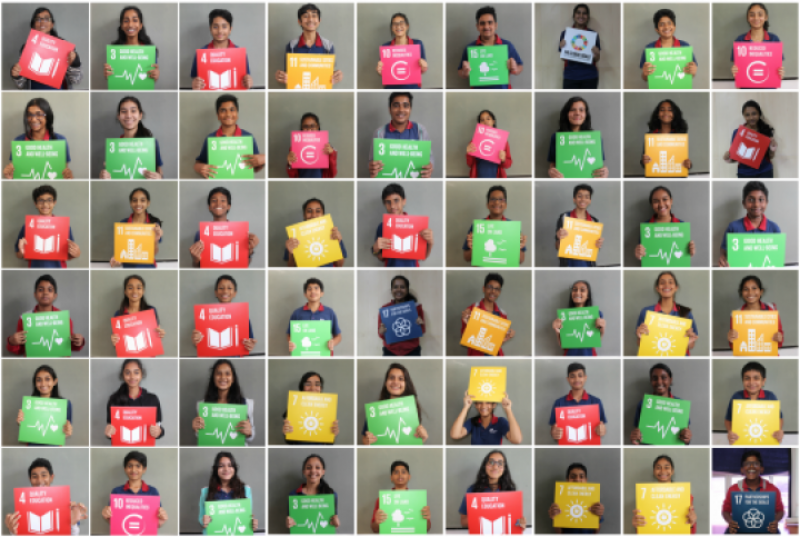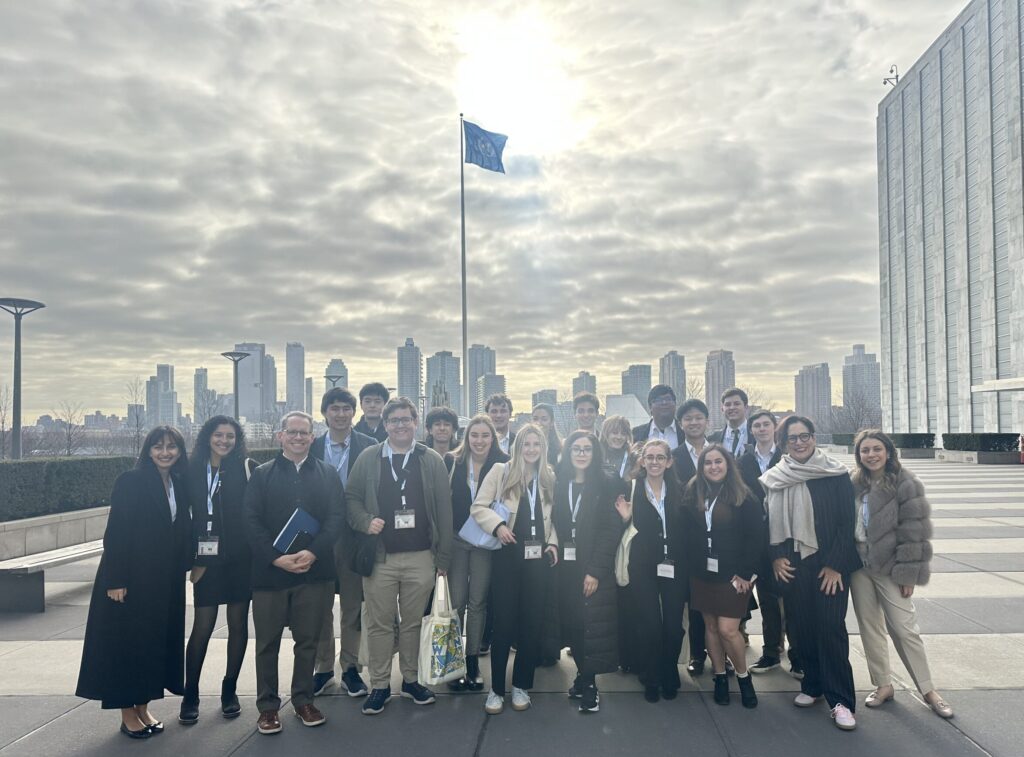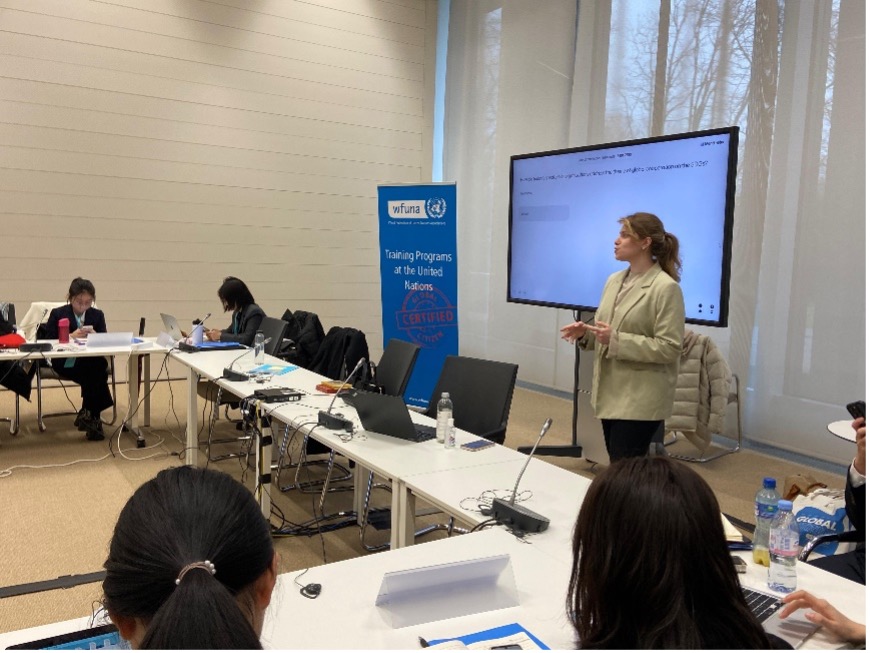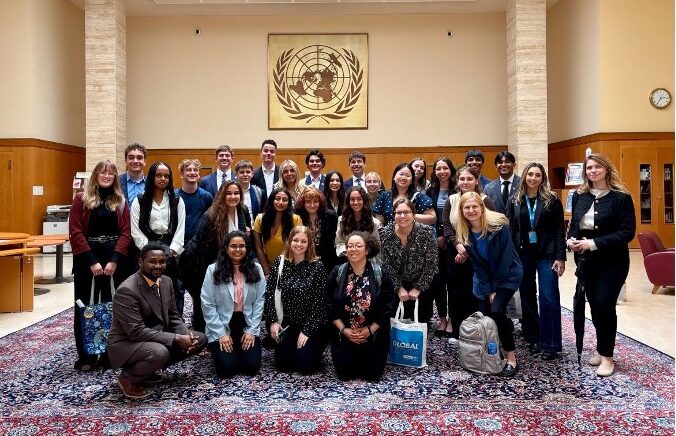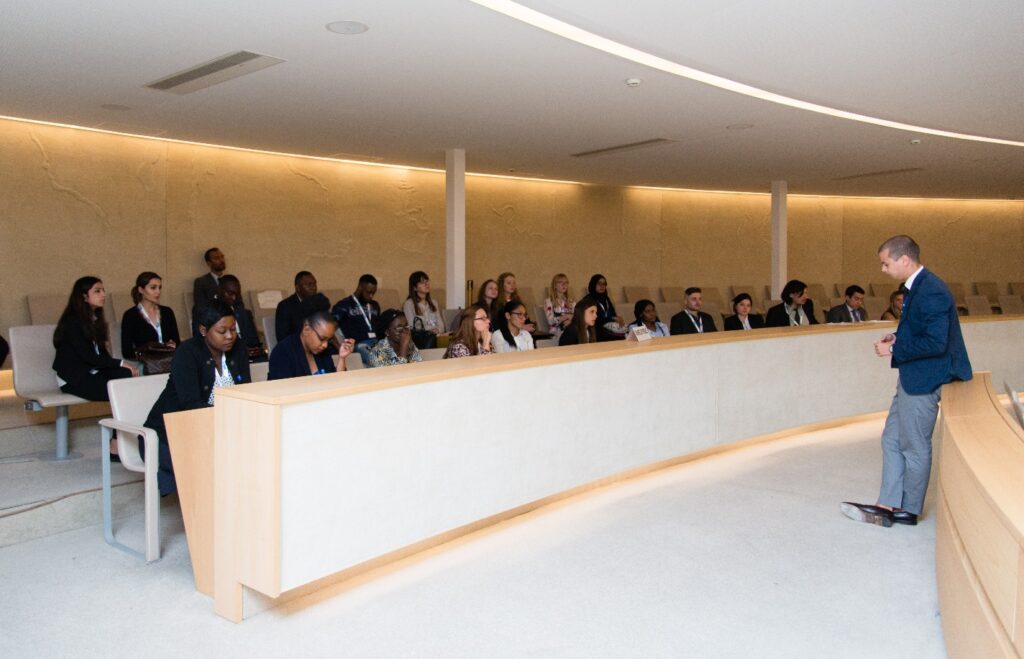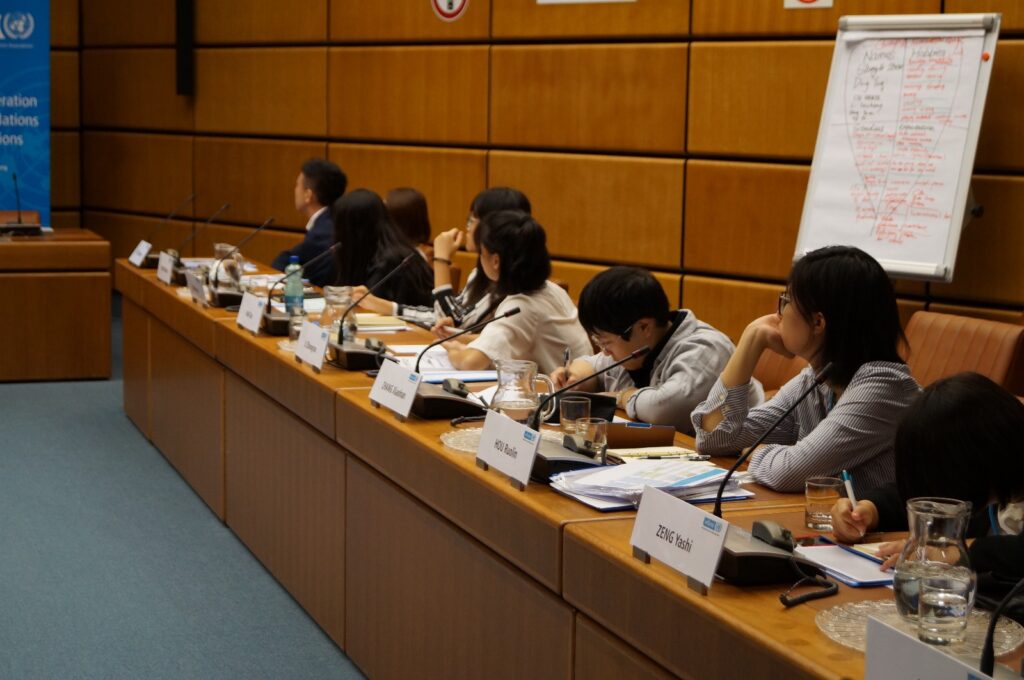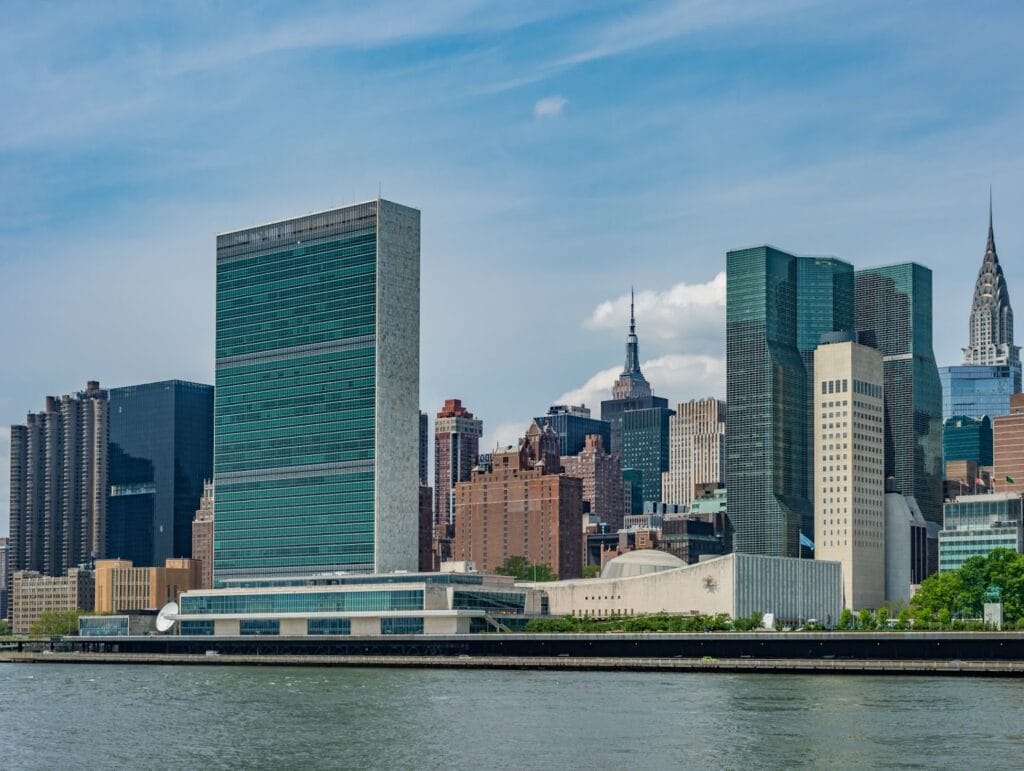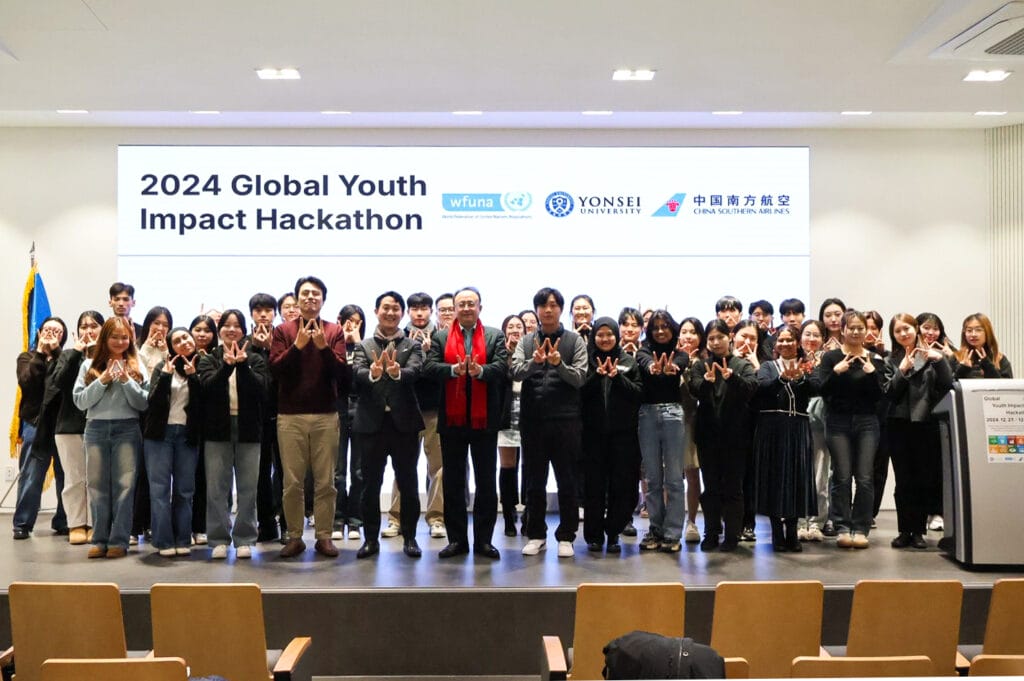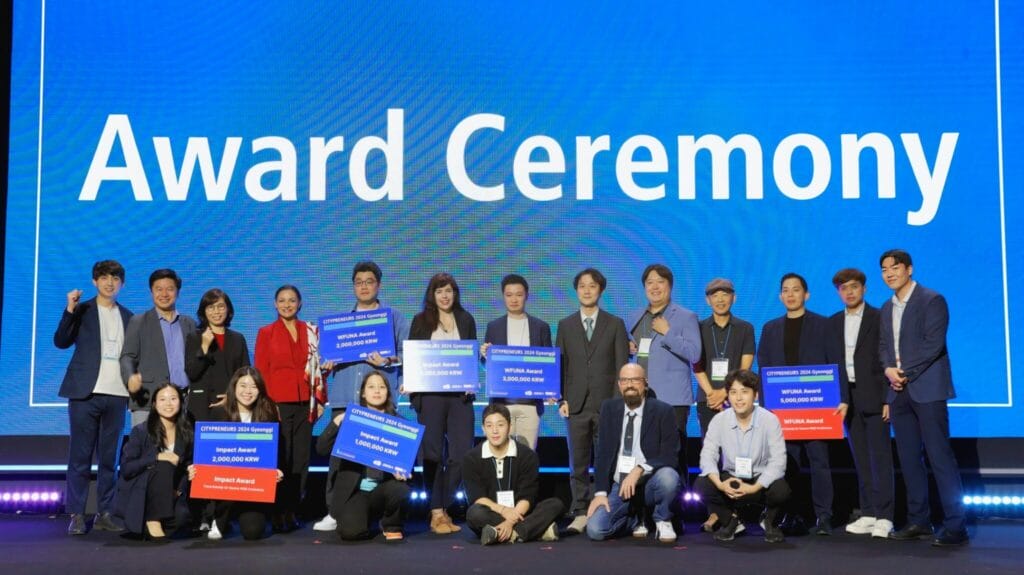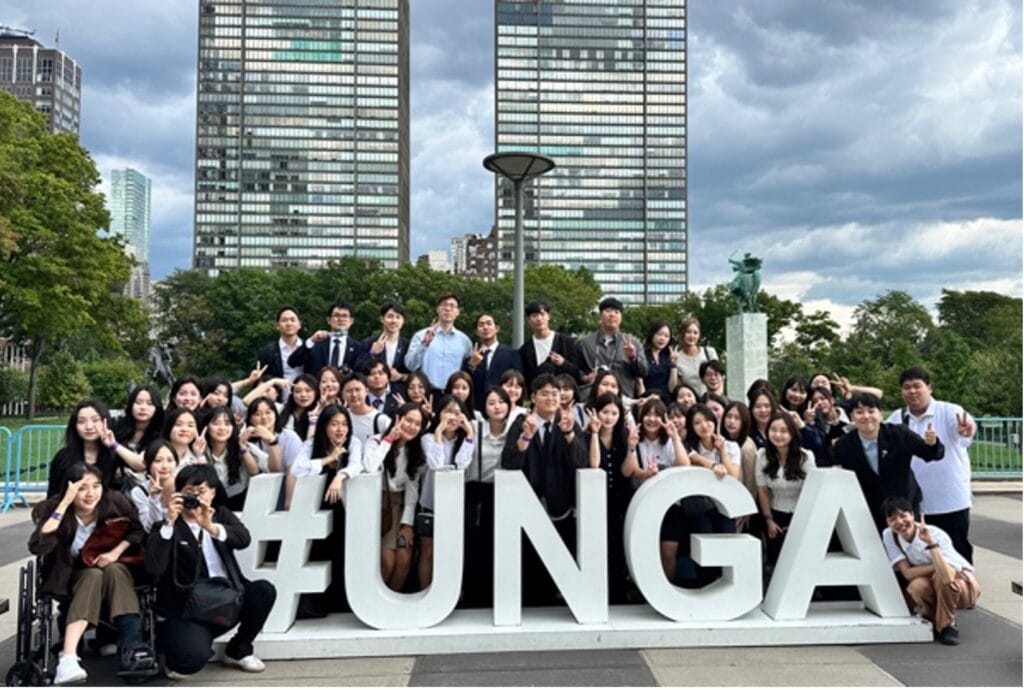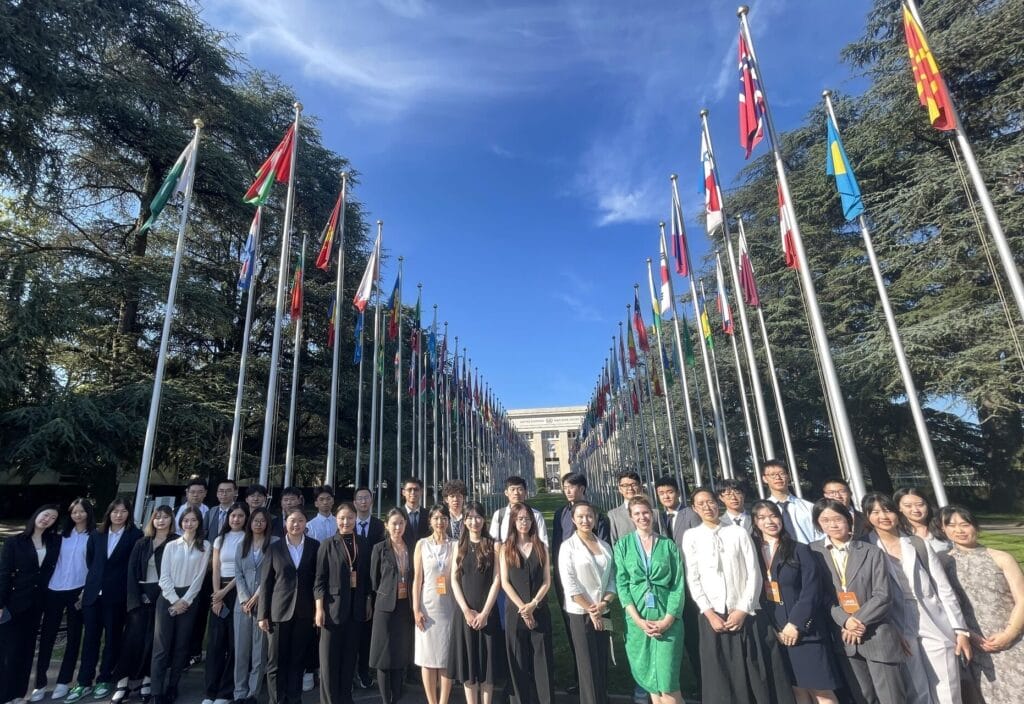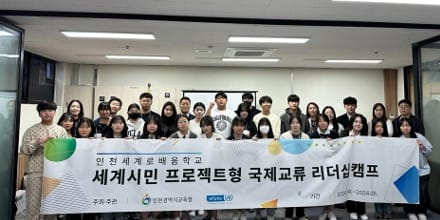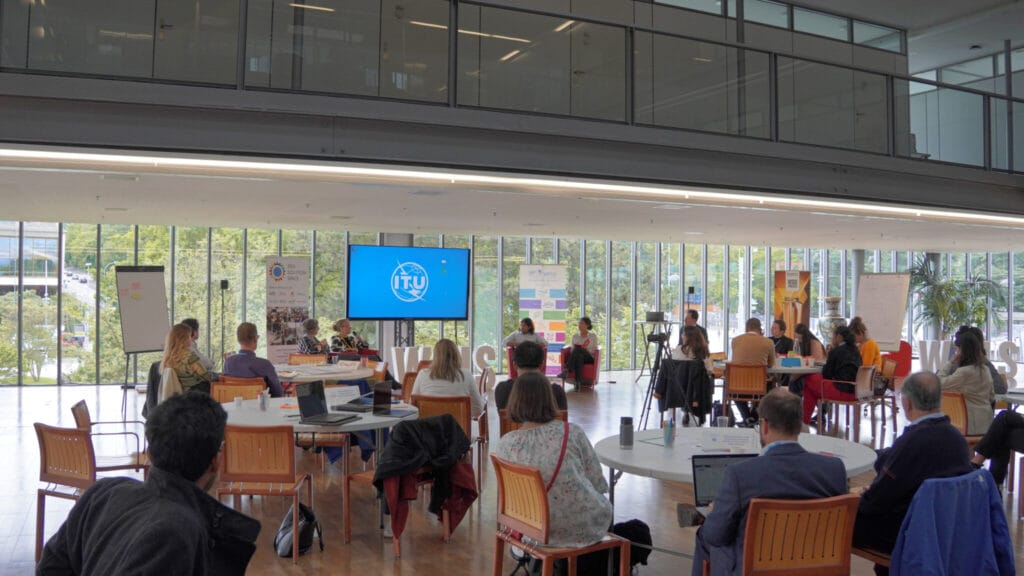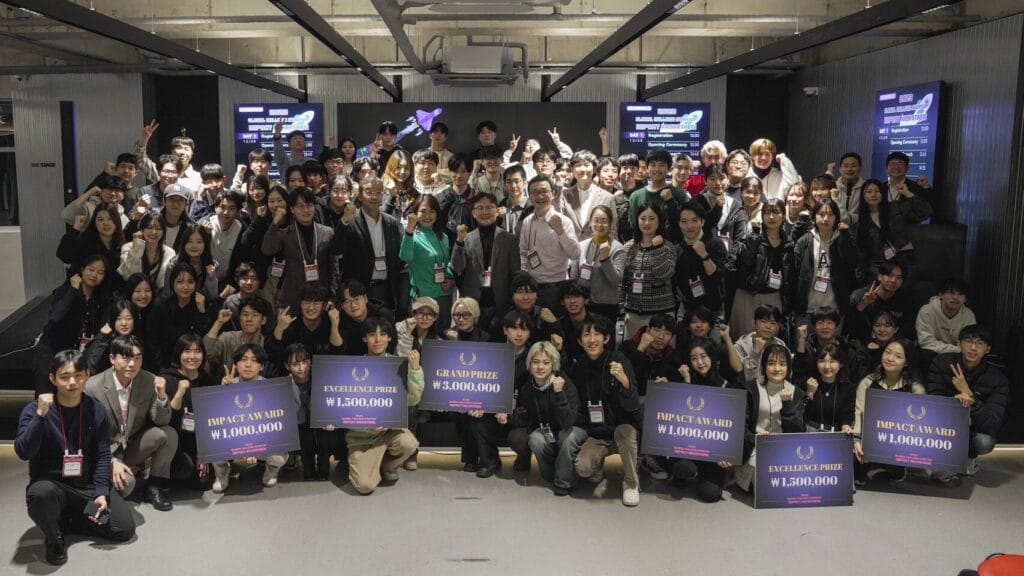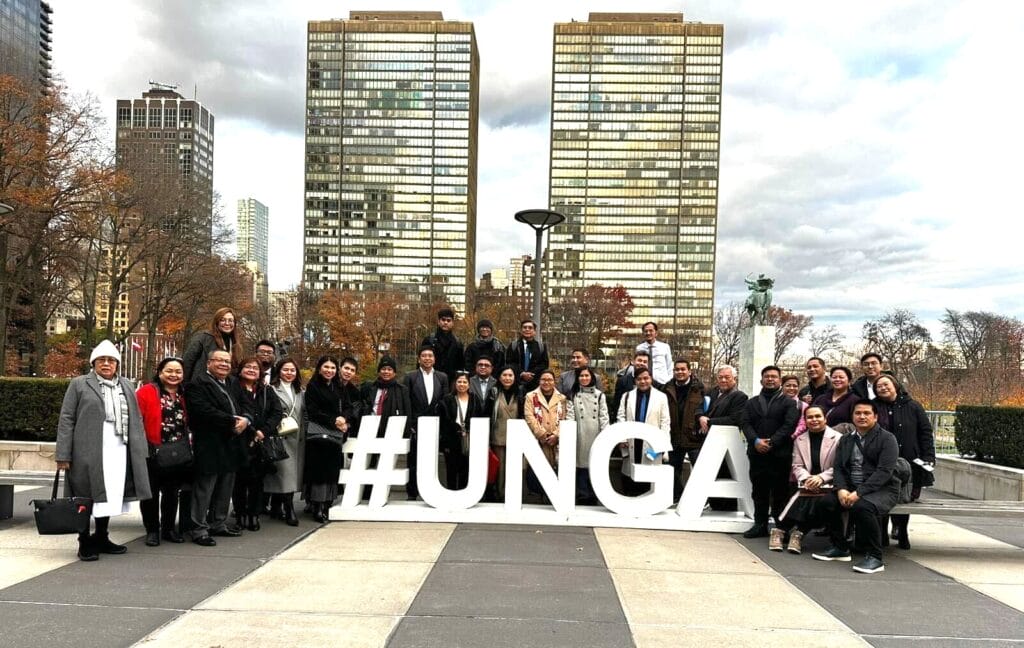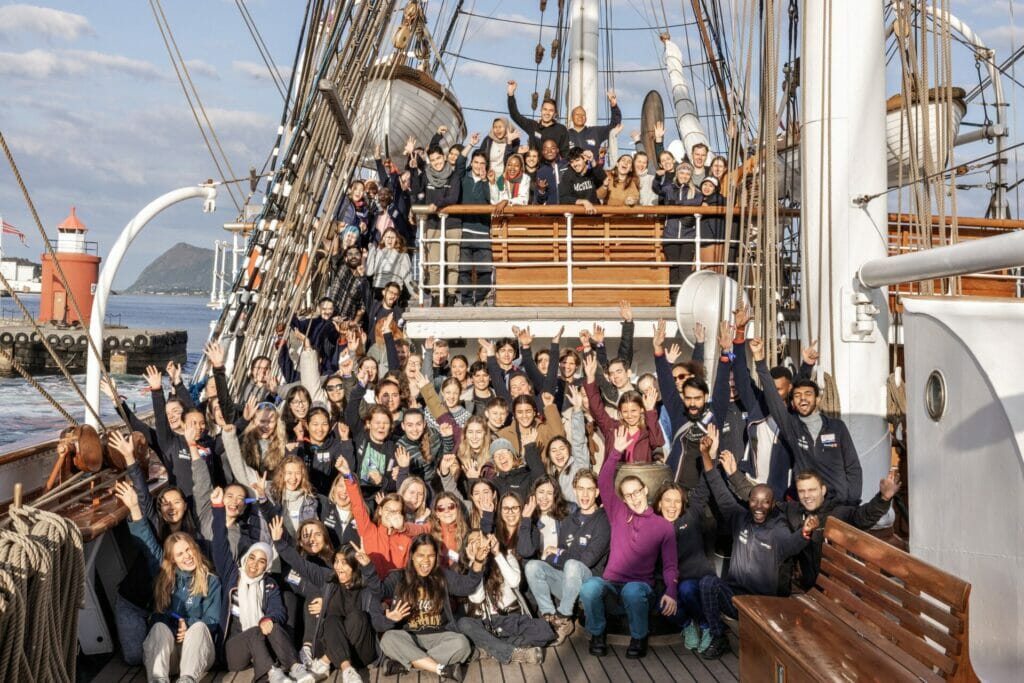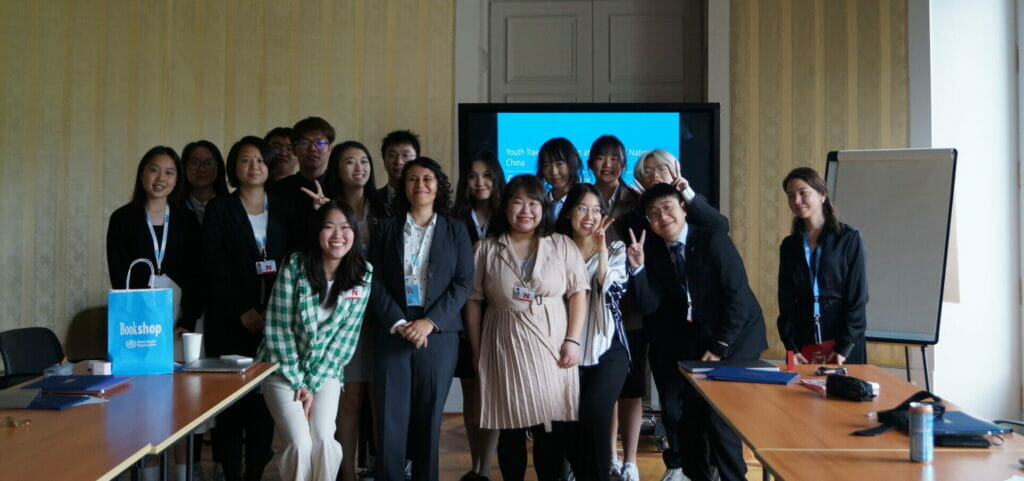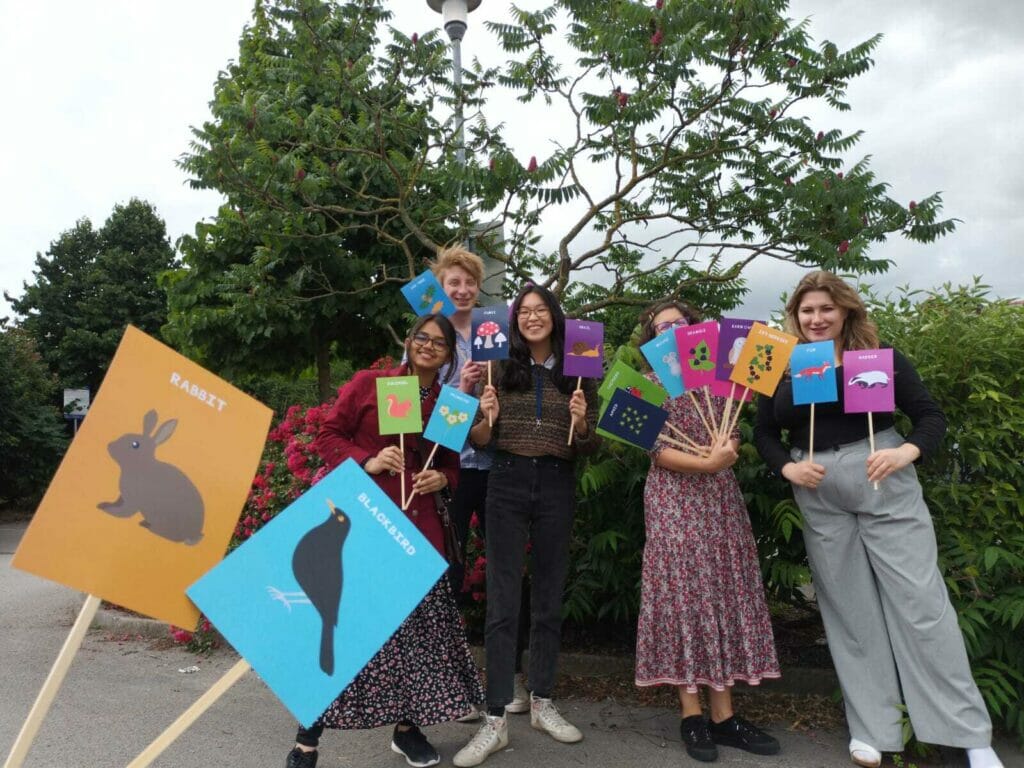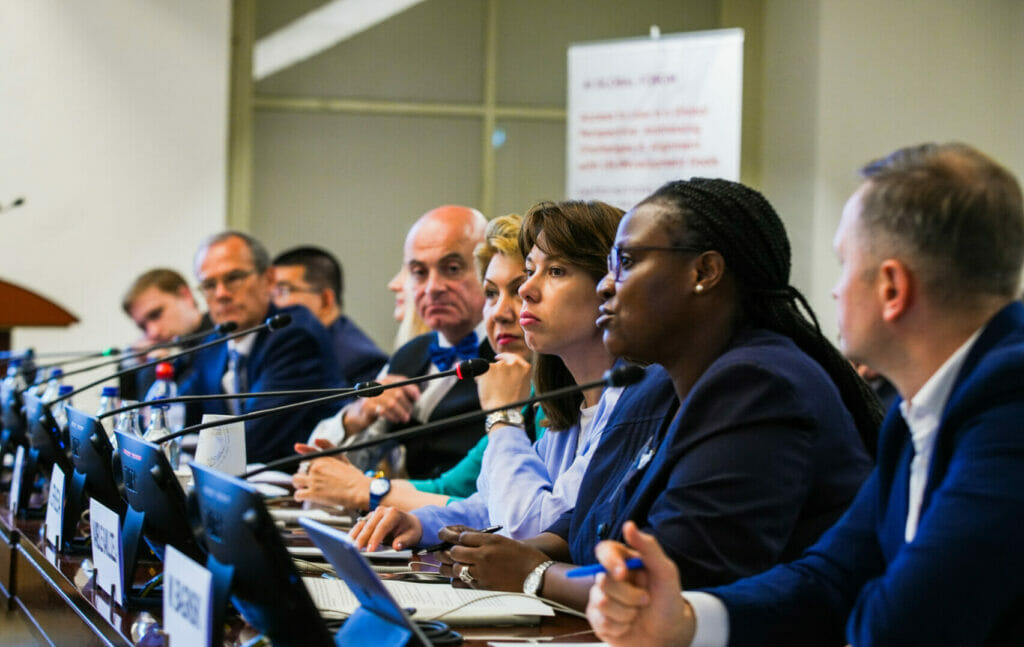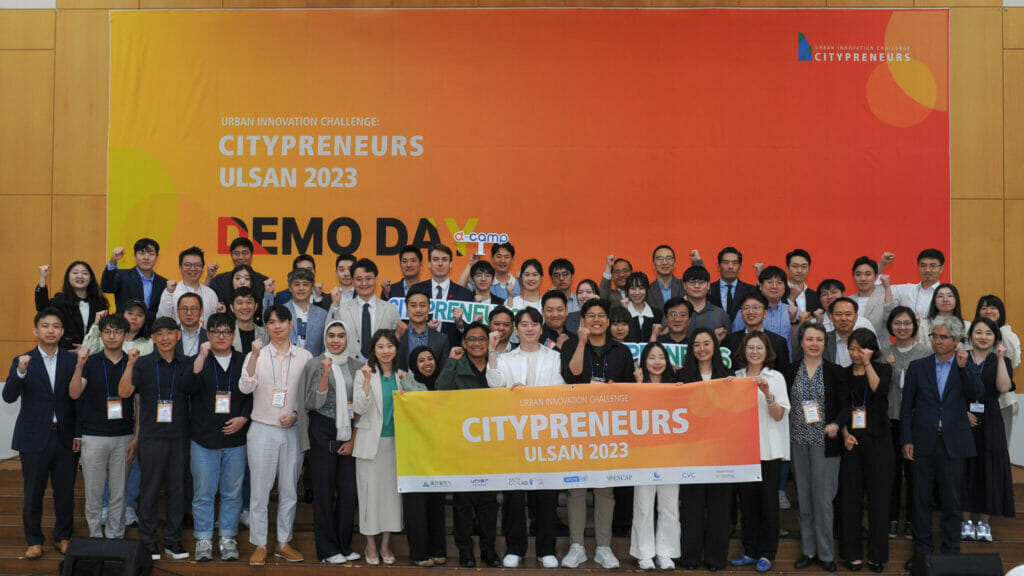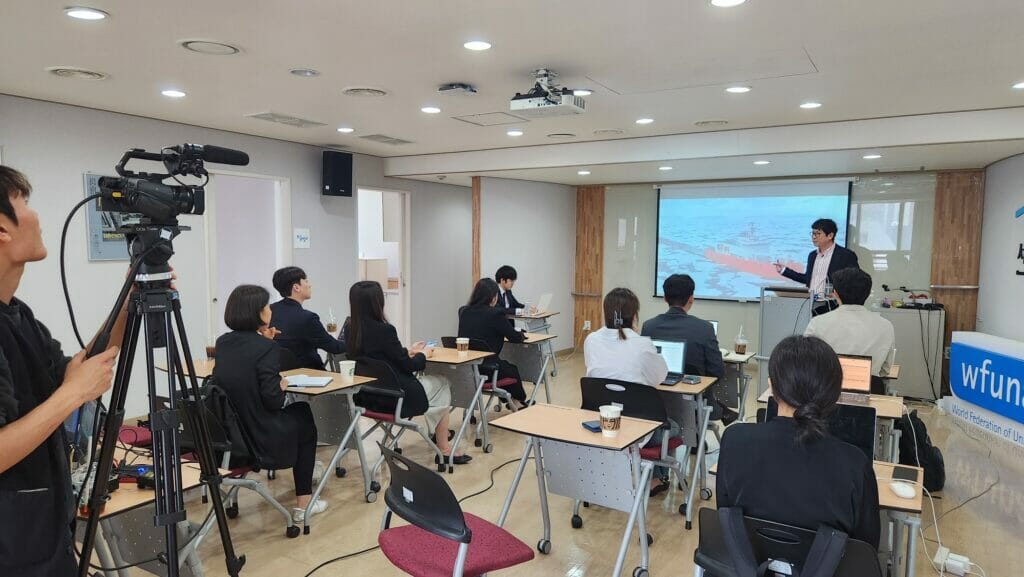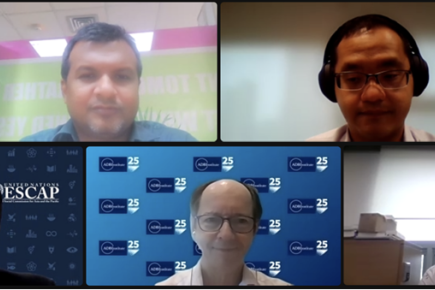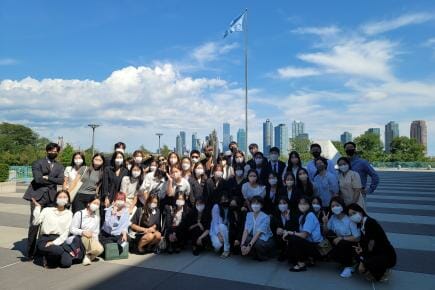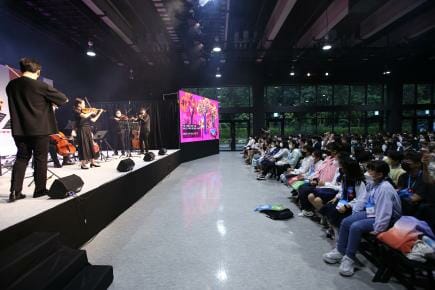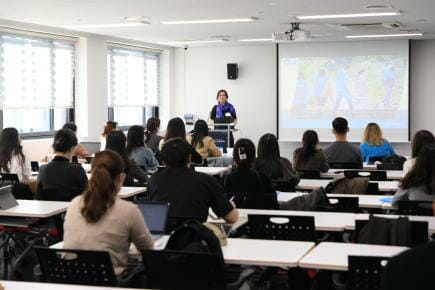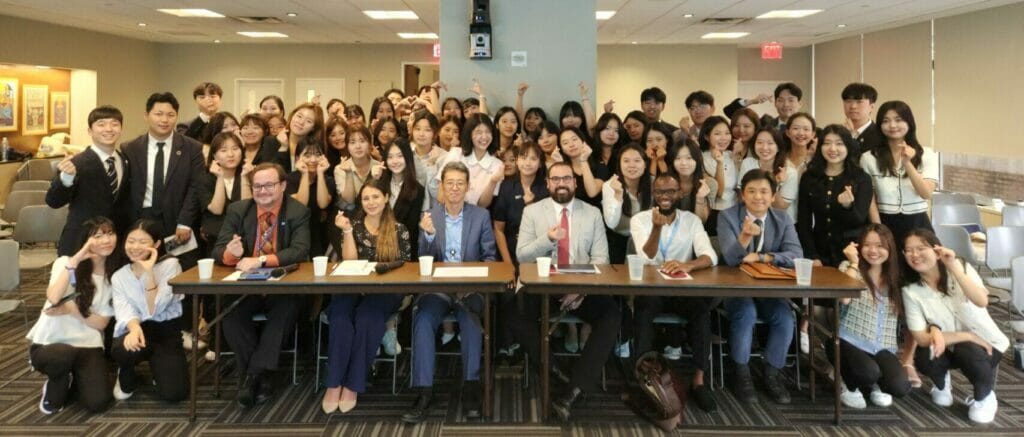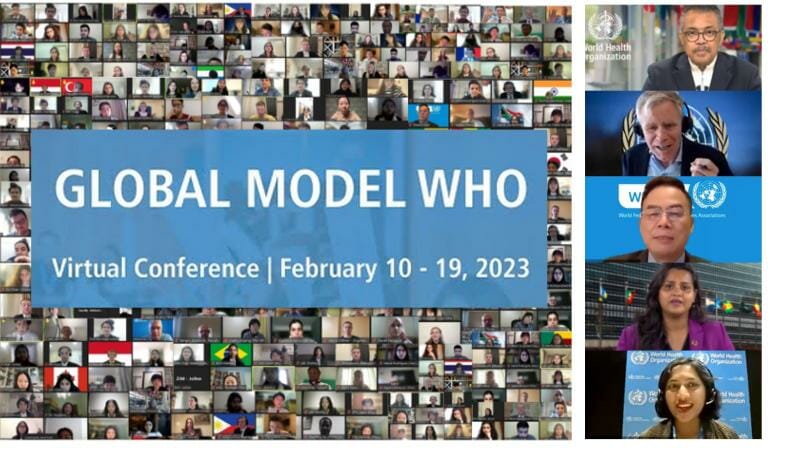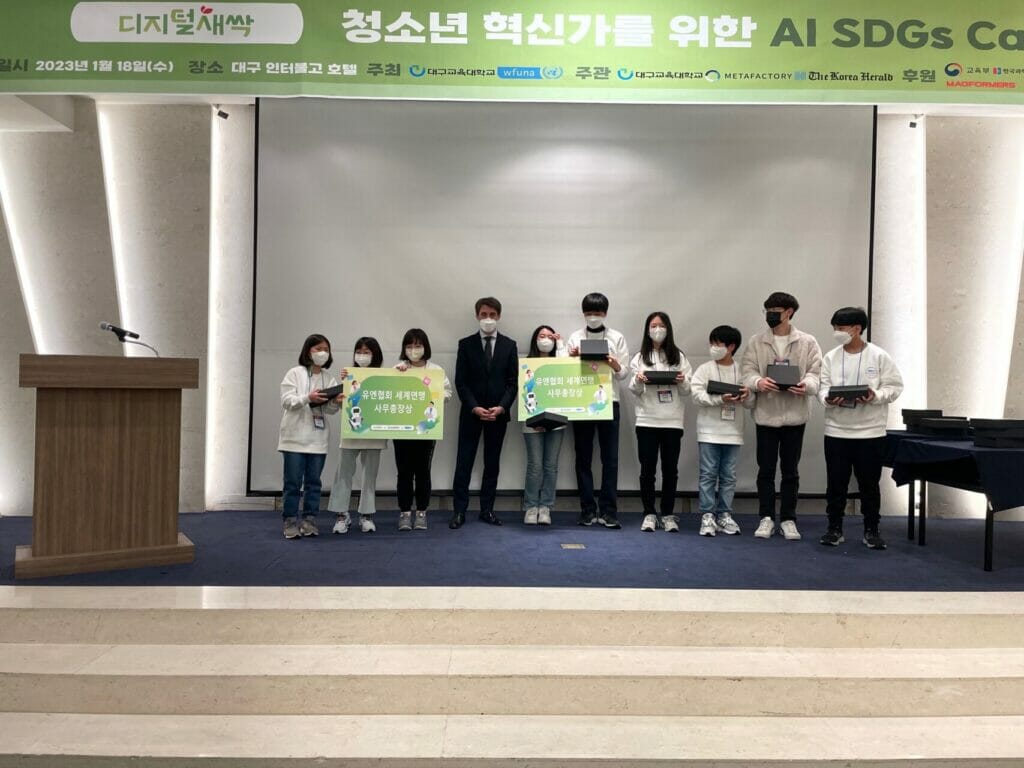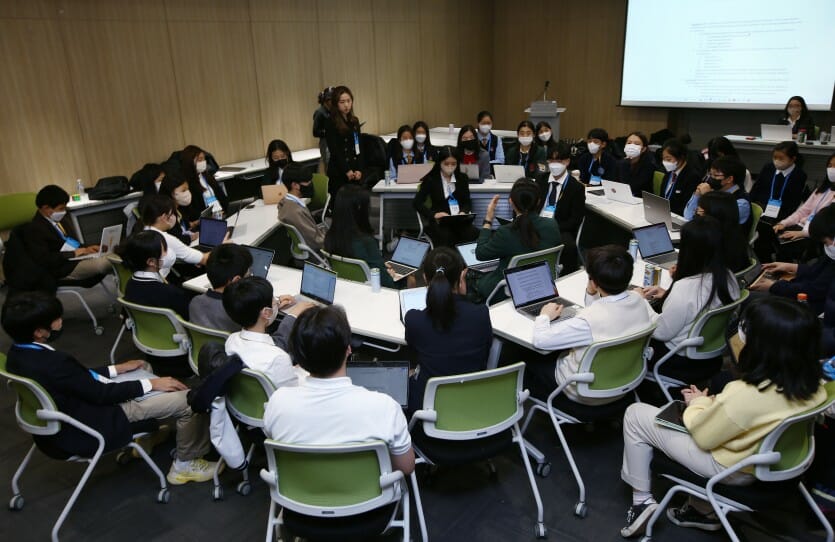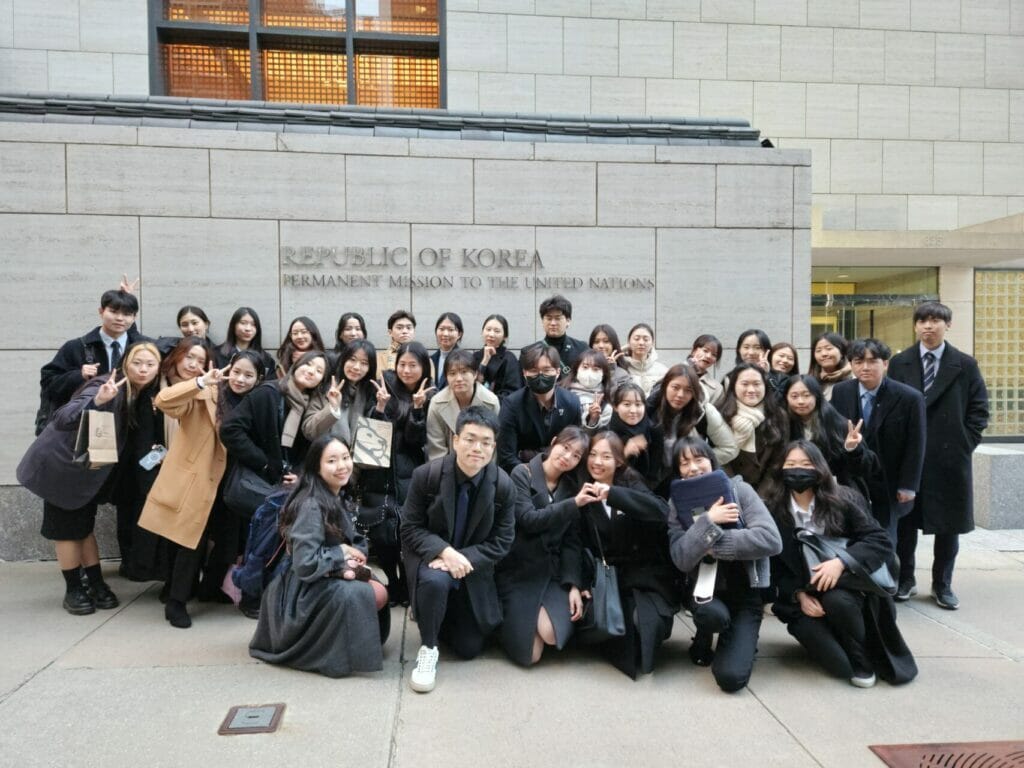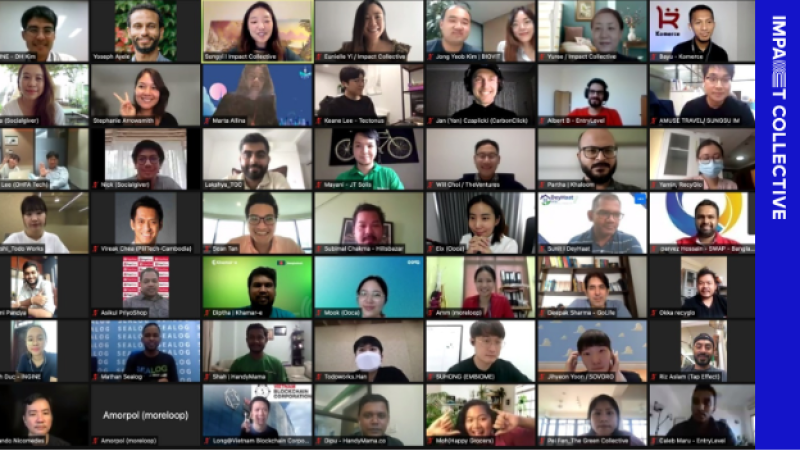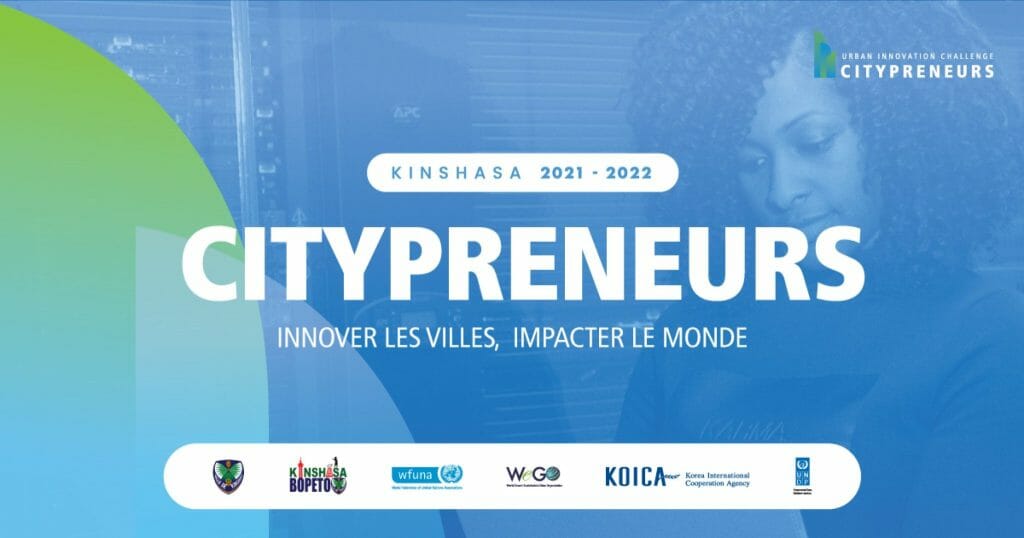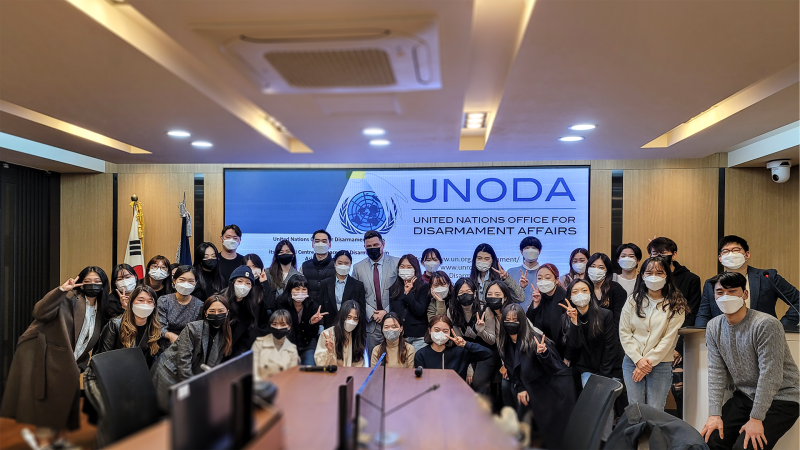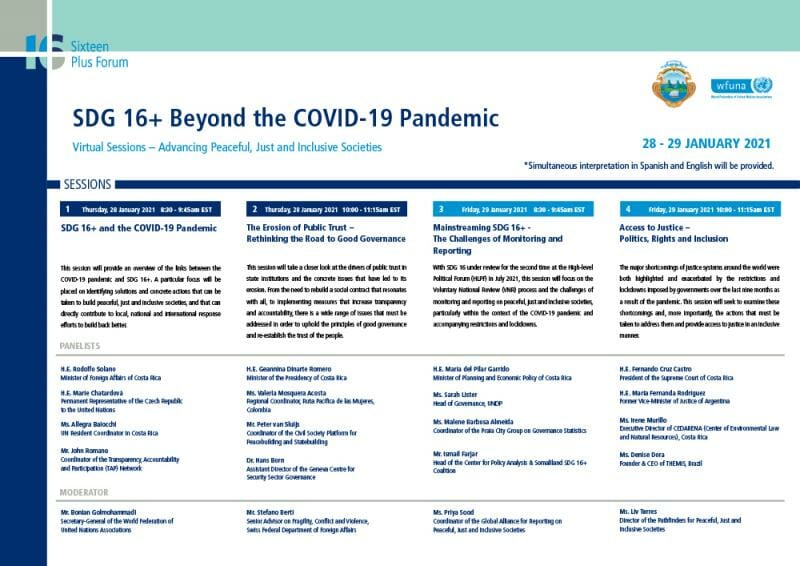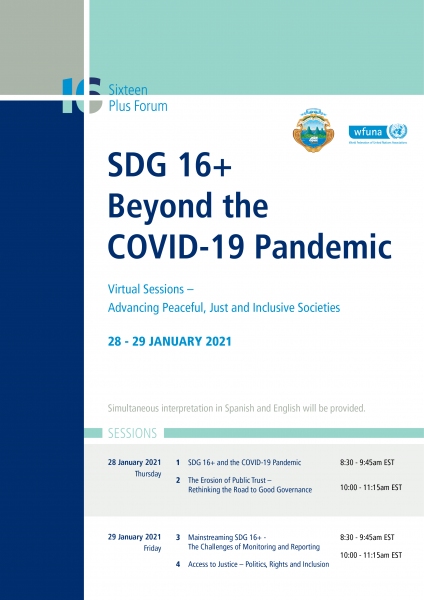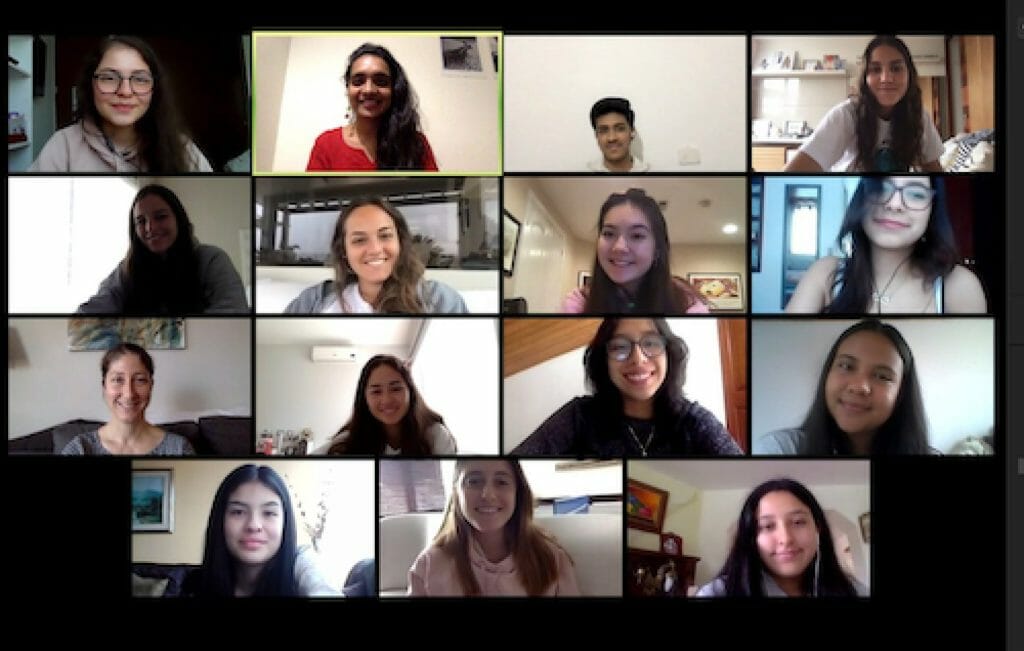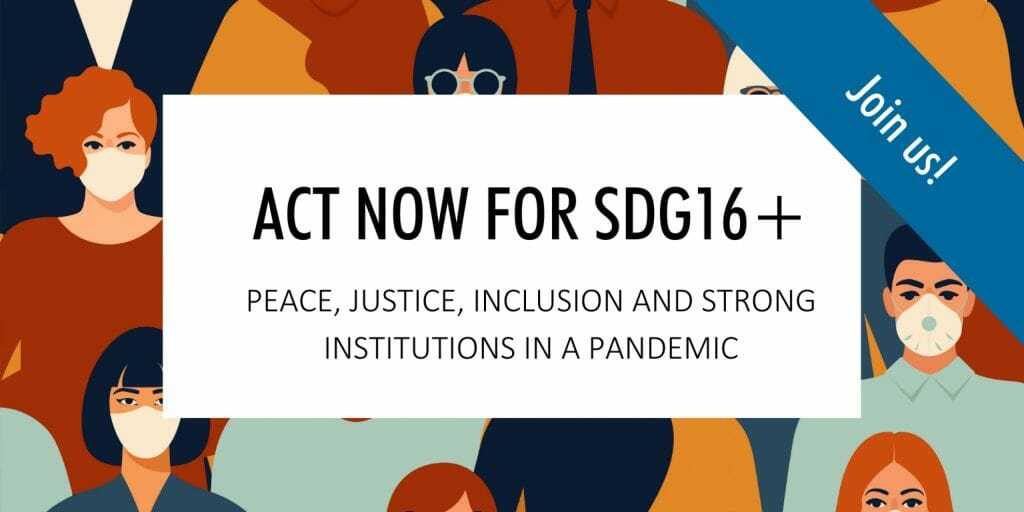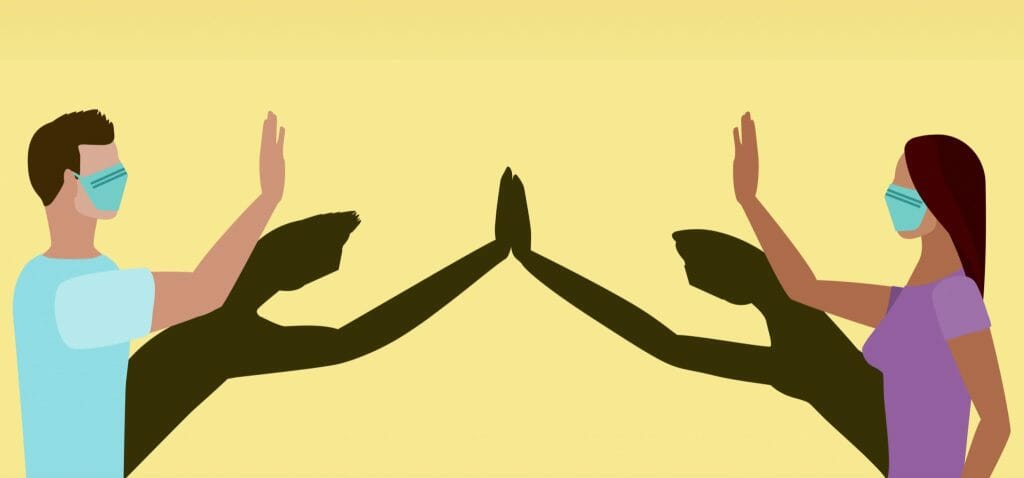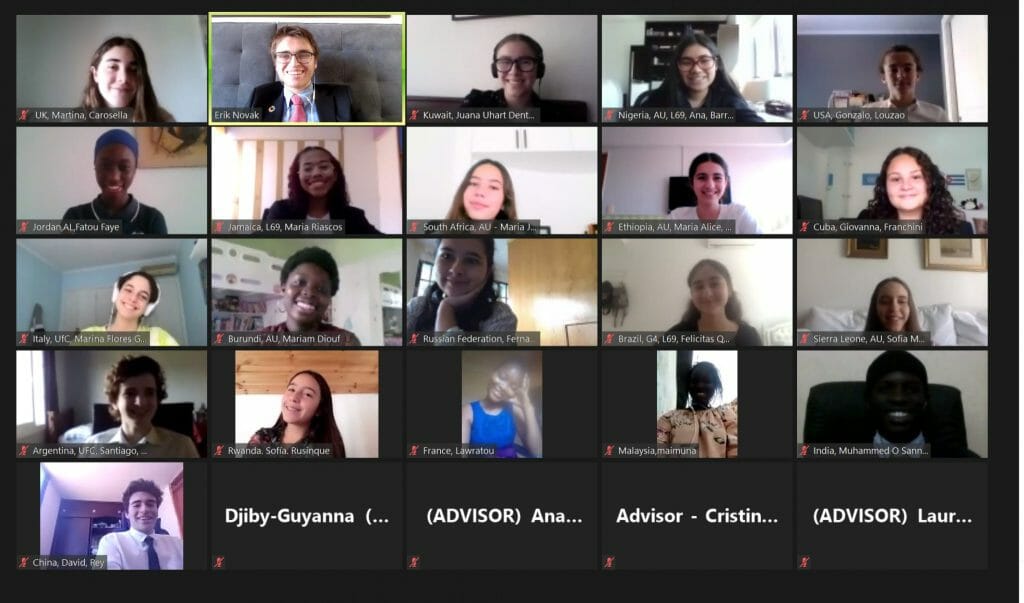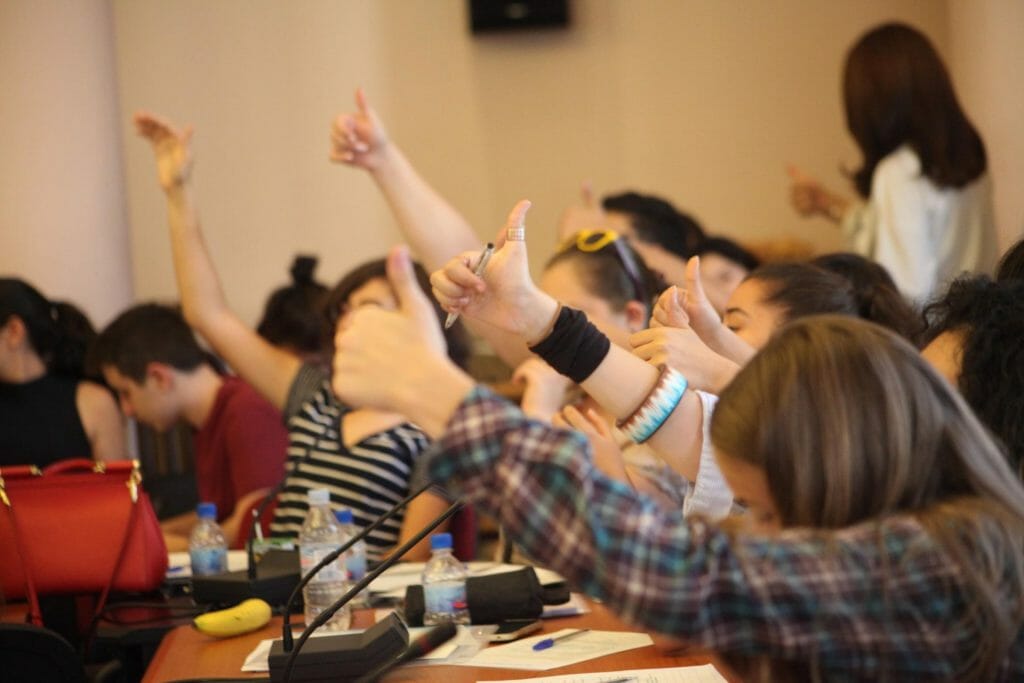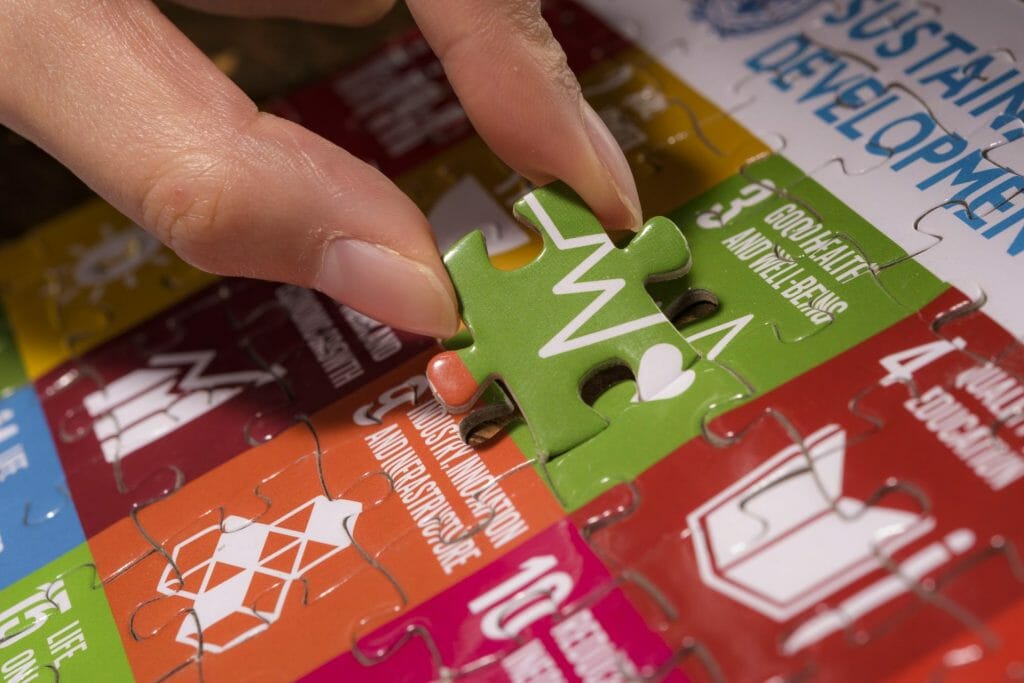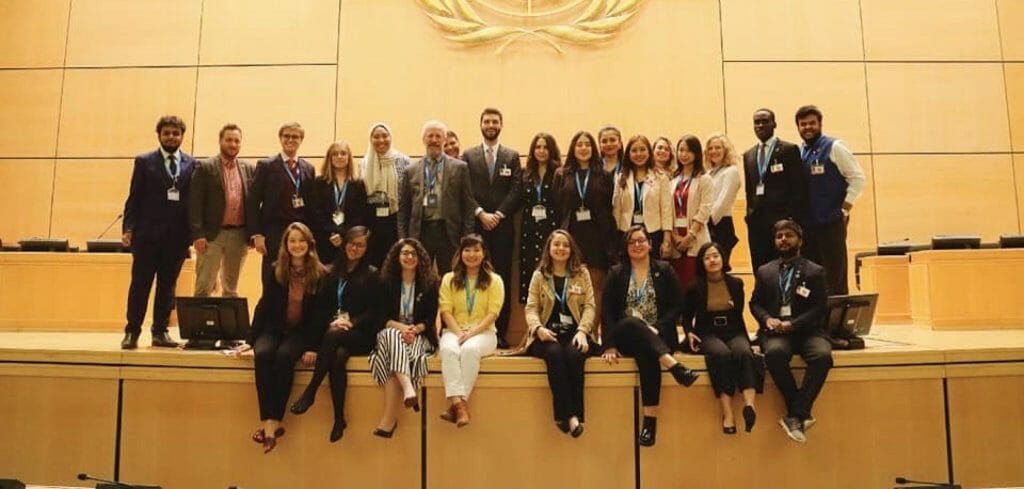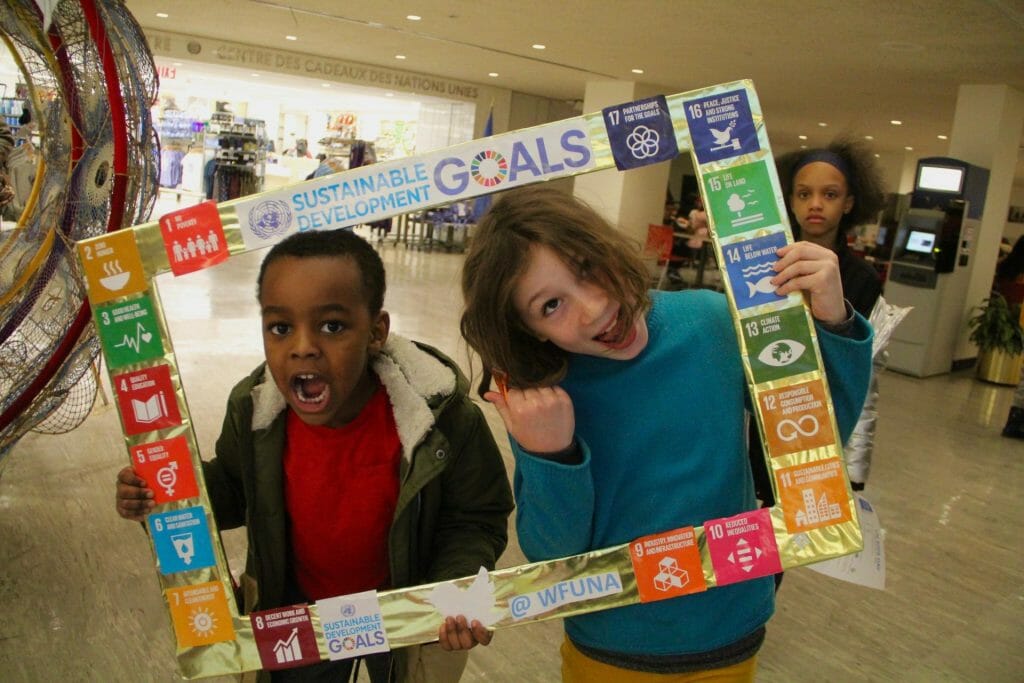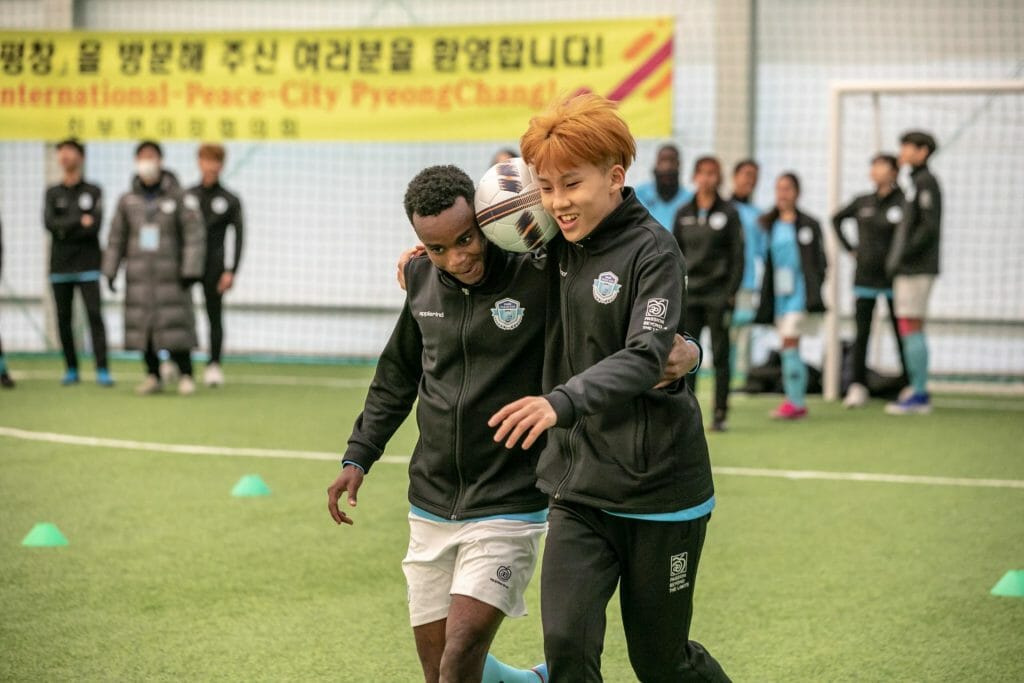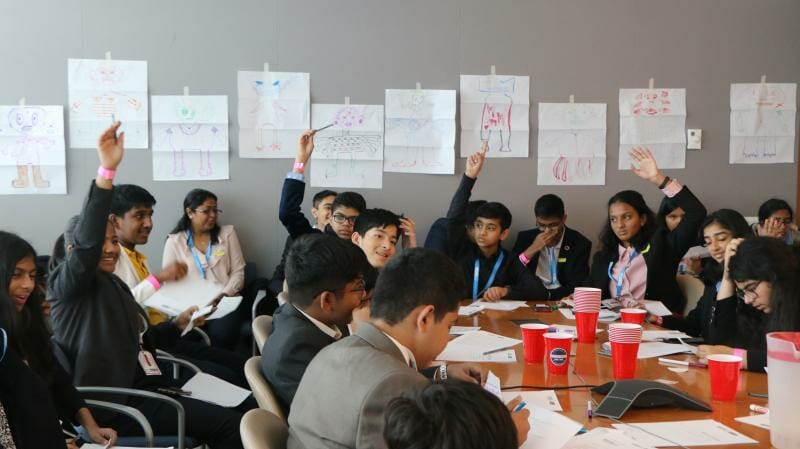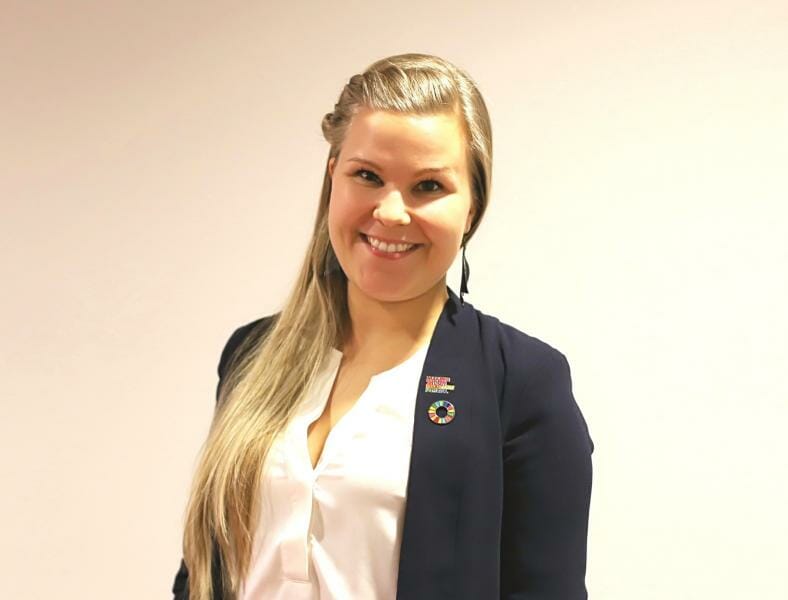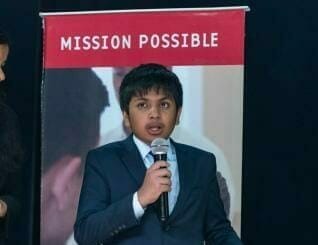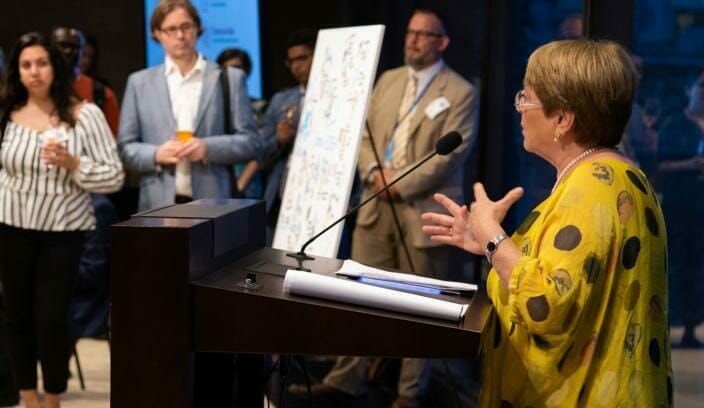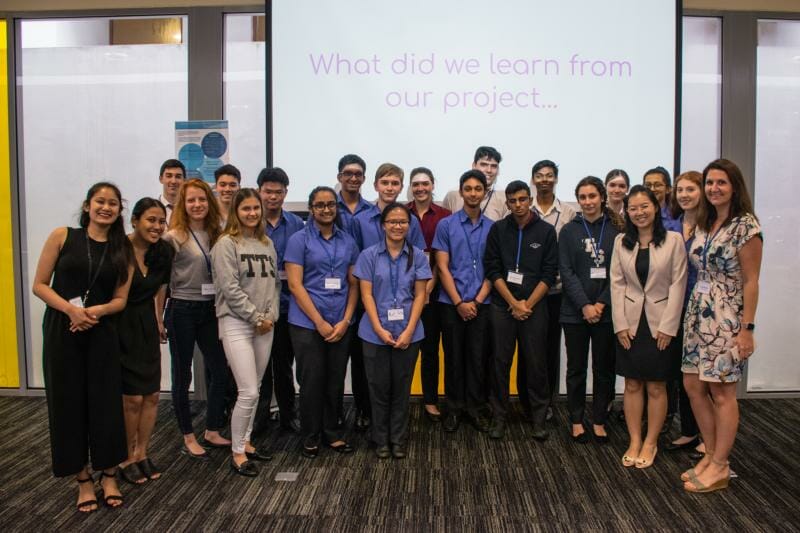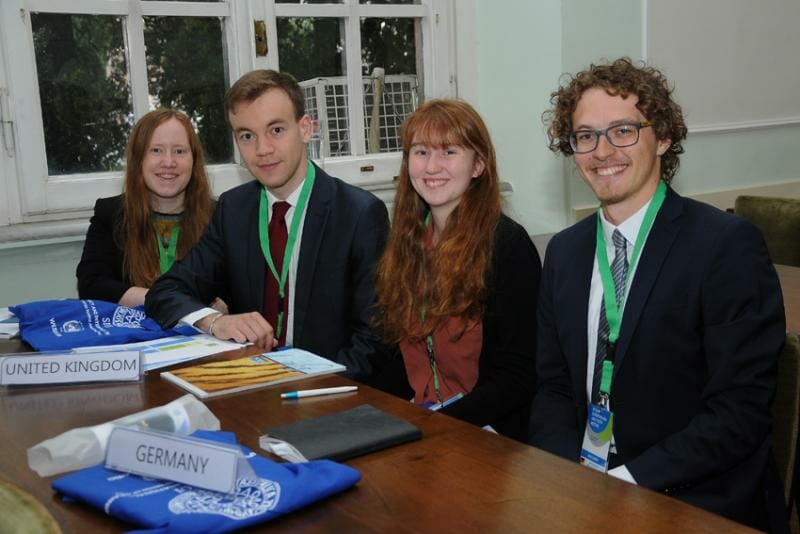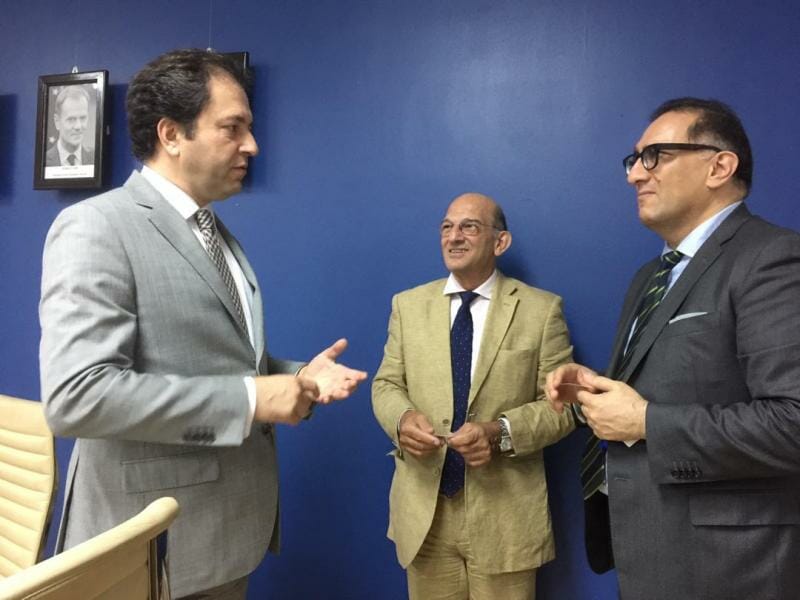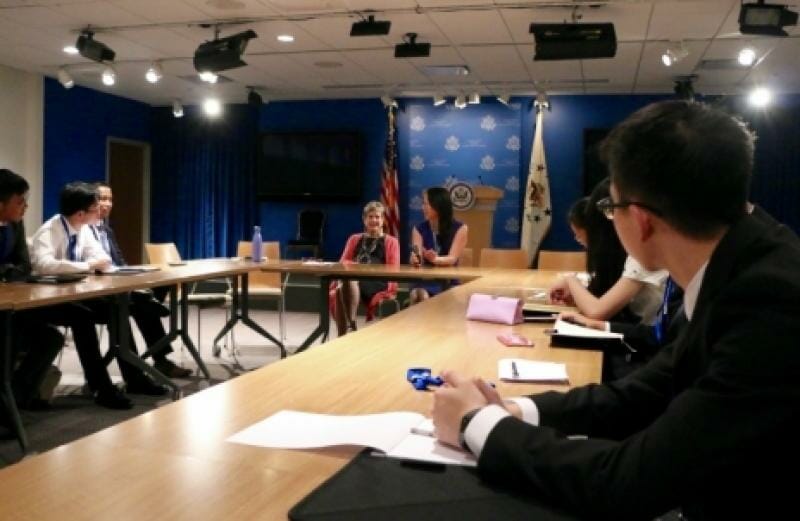THURSDAY, NOVEMBER 30, 2017
Eighty Agents of Change of Mission Possible: India 2017-2018 cycle are analyzing their communities, building partnerships, and fundraising to create projects that make a difference. In the next two months, fourteen different teams based in Bangalore and Hyderabad will implement their project plans. The students will not only employ their own creative ideas, but work together with people in their communities to ensure that relevant needs are being addressed.
Under the supervision of faculty advisors as well as Mission Possible National Program Coordinator, Soujaya Ganig, students are finding ways to implement the Sustainable Development Goals (SDGs) on a local scale. Each team will address one goal using their own inventive approaches. The various SDGs being addressed are:
- Goal 3 – Good Health and Well-Being: Teams addressing this goal will carry out a variety of activities including conducting campaigns and workshops on health and nutrition, providing a supply of nutritional food and drink to a local clinic, hosting yoga sessions, and putting up mosquito nets.
- Goal 4 – Quality Education: A total of four teams will implement their projects at a school setting with goals to improve learning conditions. Students will be focusing on different aspects of quality education, such as proper sanitation, anti-bullying, adequate learning facilities and resources, and mentoring.
- Goal 5 – Gender Equality: Recognizing that women in their community often face difficulty in speaking up about their safety, Goal 5 team will be putting together open discussions regarding topics that include equal pay for women, gender discrimination in the work place, role of women in the armed forces, and women in power.
- Goal 10 – Reduced Inequalities: Universal access to quality education also means adequate learning facilities and resources for students with special needs. Goal 10 team will be holding routine block-printing classes at a learning center for students with autism, an activity that will generate income for students as well as resource for school improvement.
- Goal 11 – Sustainable Cities and Communities: Waste and pollution is one of the most pressing issues in today’s cities. Goal 11 teams will focus on managing waste and finding cheaper alternatives for energy at a local orphanage, and promoting terrace gardening to reduce indoor pollution.
- Goal 15 – Life on Land: Goal 15 team has chosen to address the issue of increasing number of encounters between humans and wildlife in residential areas. They will work towards creating clean gardens that will provide a safe path for straying animals to return to the forest.
- Goal 17 – Partnerships for the Goals: Tying together all the different efforts, Goal 17 team will focus on connecting other Mission Possible teams to different private companies that will be able to provide financial and in-kind support.
As students organize their efforts to obtain necessary resources and troubleshoot challenges, faculty advisors and the National Program Coordinator will continue to advise each team on their progress. For our Agents of Change, the Mission is Possible.
Mission Possible was launched in India in 2015 with the support of the Project Management Institute Educational Foundation (PMIEF). Learn about Mission Possible here.


